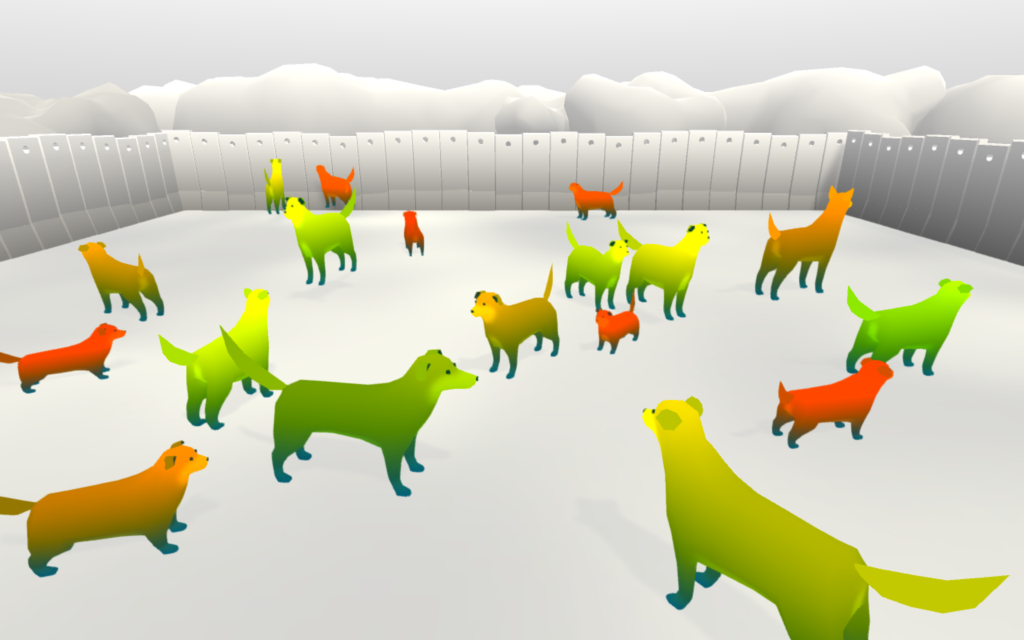
Page Not Found and the Master Experimental Publishing (XPUB) at the Piet Zwart Institute, Willem de Kooning Academy, join forces again with artist Lídia Pereira to publish a Special Issue on how games pervade contemporary culture. To sustain this publishing project, we are happy to invite you to a series of online lectures investigating play, productivity and leisure.
The lecture series will be kicked off with a talk by game developer, artist and educator Paolo Pedercini. Pedercini’s artistic practice examines the relationship between electronic entertainment and ideology. Working under the project name Molleindustria, he produces videogames addressing social issues such as environmentalism, food politics, labor and gender.
Pedercini teaches digital media production and experimental game design at the School of Art at Carnegie Mellon University. His work is enjoyed by many over the net and has been exhibited in over seventeen countries around the world. He lectured in several universities in Europe and the US and in venues ranging from the oldest squat in Italy to the Centre Pompidou in Paris. Pedercini is the director of LIKELIKE, a neo-arcade devoted to independent games and playful art in Pittsburgh, PA.
Under the guidance of Lídia and the XPUB staff, this semester the master students will explore how video games are making us more, not less, productive. Getting Likes and Super Likes, choosing your avatar, unlocking badges and achievements, are but a few examples of the language of games as it is repurposed in data-extractivist software. Life and work are ‘gamified’ through social media, dating apps, and fitness apps designed to increase motivation and productivity. Gamification blurs the lines between play, leisure and labour, to release our collective dopamine for profit. Video games in themselves often perform a reproductive role, presenting capitalism as a system of natural laws, exemplified by in-game predatory monetisation schemes. On the other hand, games provide necessary down time and relaxation, helping people function in a largely dysfunctional economy and society. Yet leisure remains a contested space which is still unequally distributed, between genders, ethnicities and abilities.
The students’ works, gathered in a Special Issue, will be launched at Page Not Found at the end of March.
Starts at 16:00.
Join the online talk here